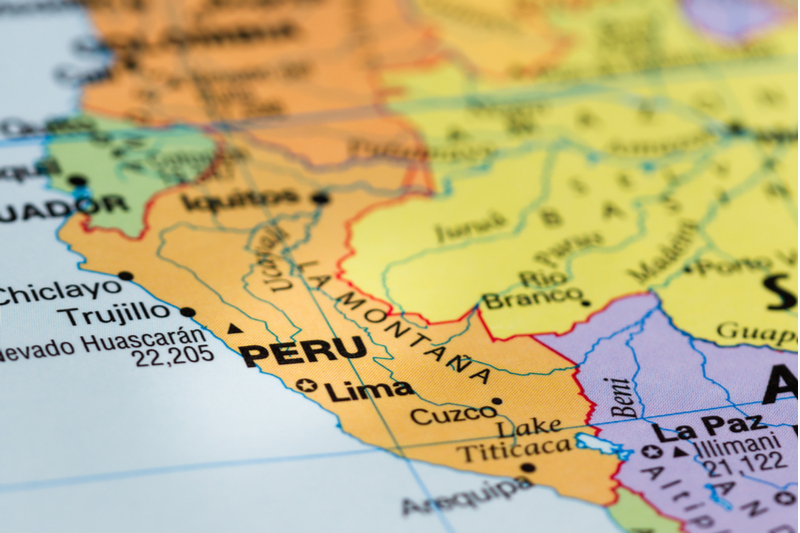
Growth in the Peruvian construction industry is set to expand by 4.5% in real terms in 2019, down from 5.4% in 2018, with growth expected to pick up to an annual average of 5.2% over the remainder of the forecast period (2020-2023), according to GlobalData.
However, lower-than-expected commodity prices, rising global trade tensions, and slow implementation of public works affected by corruption scandals together with the ongoing opposition by local communities to some mining projects and the growing uncertainty surrounding the legislative elections in January 2020, present downside risks to the industry outlook.
How well do you really know your competitors?
Access the most comprehensive Company Profiles on the market, powered by GlobalData. Save hours of research. Gain competitive edge.

Thank you!
Your download email will arrive shortly
Not ready to buy yet? Download a free sample
We are confident about the unique quality of our Company Profiles. However, we want you to make the most beneficial decision for your business, so we offer a free sample that you can download by submitting the below form
By GlobalDataWhile public investment continues to recover, private investment, especially in infrastructure and mining projects, is expected to be the main driver of growth in the next few years. Among the major projects that will support the sector’s growth are the US$6.5bn Lima and Callao Metro Line 2 and the US$5.3bn Quellaveco Mine. The latter, which is currently 34% complete, is scheduled to be operational by 2022.
In May 2019, the Ministry of Economy and Finance, announced that Peru’s Private Investment Promotion Agency (Proinversión) expanded its portfolio of private investment projects to US$10bn for the next three years compared to the estimated US$7.6bn in 2018, accelerating a programme of Public Private Partnerships (PPPs) that have been impacted by corruption scandals and project delays.
To further promote its portfolio of projects and encourage more public and private investment, the government launched its National Infrastructure Plan on 25 July, compromising 52 projects that will cost around PEN100 billion (US$30bn). The projects are scheduled to be completed by 2025 and include major works in segments such as sanitation, transport, energy and communications.
Increasing investment in the residential construction segment is also expected to support growth, given a significant expansion of mortgage loans, and the continuity of initiatives such as Fondo Mivivienda, Techo Propio, and Bono Mi Alquiler.
Moreover, the PER25.7 billion (US$7.7bn) “Reconstruction with Changes” programme, which was launched by the government in 2017 to rebuild and repair areas affected by the Coastal El Niño flooding, has been making progress this year, boosting construction growth especially in regions such as La Libertad, Piura, Ancash and Tumbes.
Although President Martín Vizcarra’s call for legislative elections in January and the creation of a new legislature that would last less than two years could restrain activity, the implementation of recent policies by the government to promote the recovery of private investment along with efforts to complete unfinished works across the country should support construction growth in the coming years.
On 16 October 2019, the Ministry of Transport and Communications announced that it would inject an additional PER2.7 billion (US$800m) for public works as a result of government’s savings in project tenders and arbitration cases. The announcement came a week after the president reaffirmed his commitment to the construction industry and stated that his administration is working to develop the country’s infrastructure more efficiently.
The president also announced he will issue an emergency decree, based on a bill proposed by the Comptroller General of the Republic to Congress last March, which will allow public entities to take control of several paralysed works and reactivate them. Between 2017 and 2018, many infrastructure projects across the country were either postponed or cancelled, after Odebrecht, a Brazilian construction company, admitted bribing officials to award public works.
President Vizcarra said that several public works that were started by previous administrations are still paralysed as many elected mayors are reluctant to continue with the works left by their predecessors amid fears of being accused of any irregularities committed before they took office.


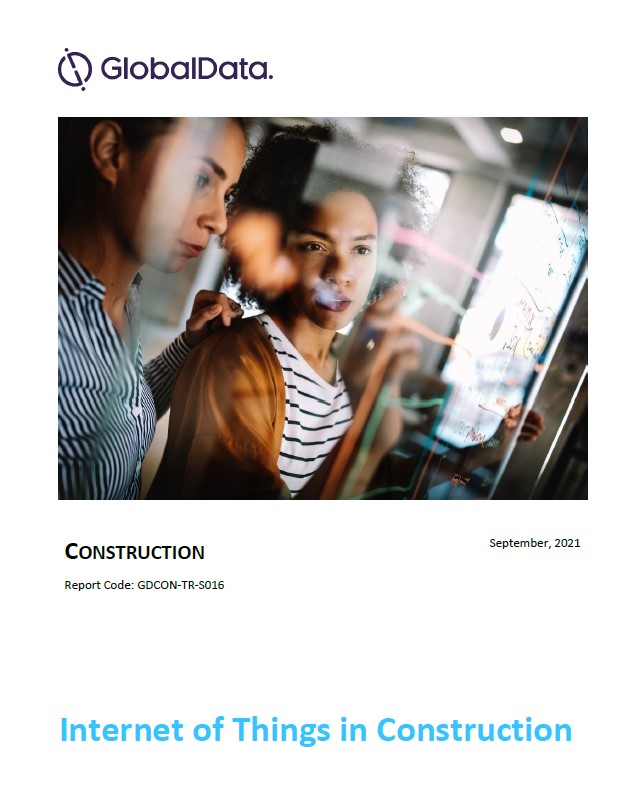

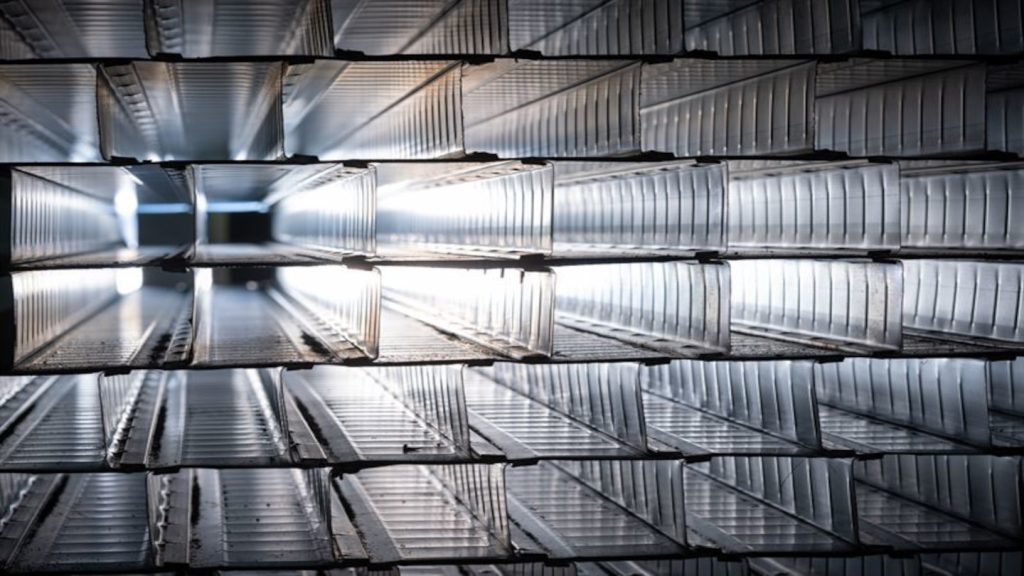
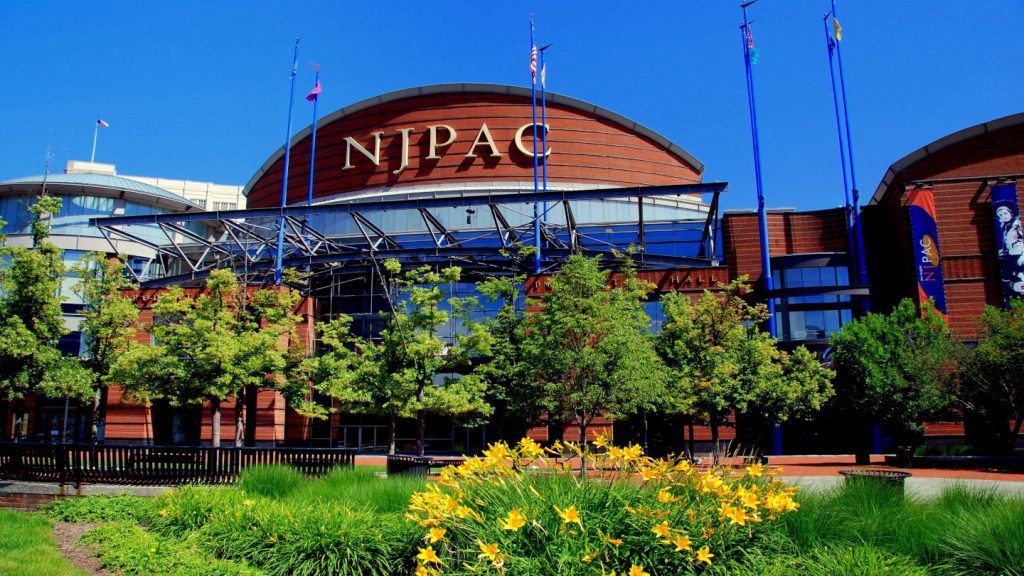
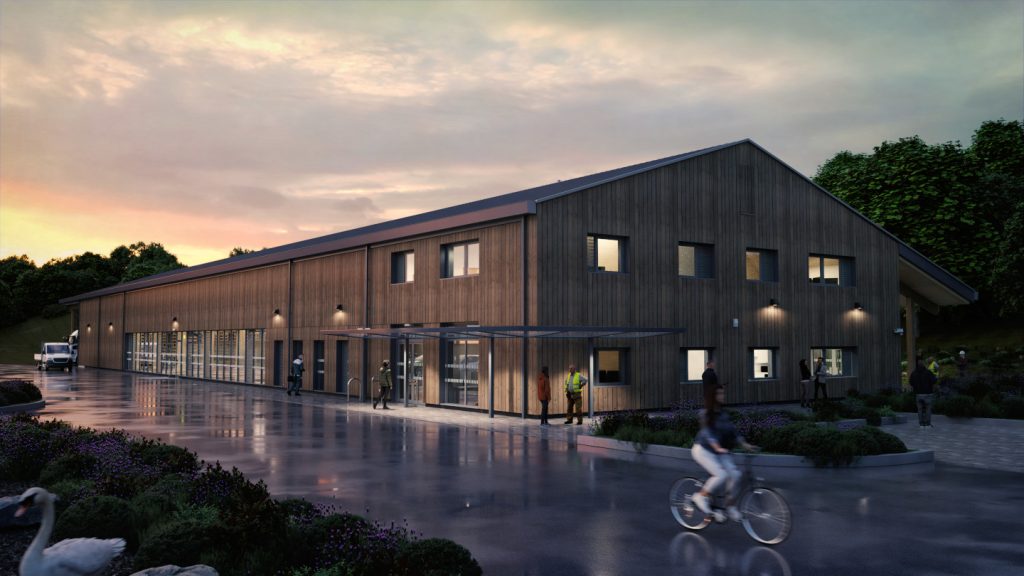
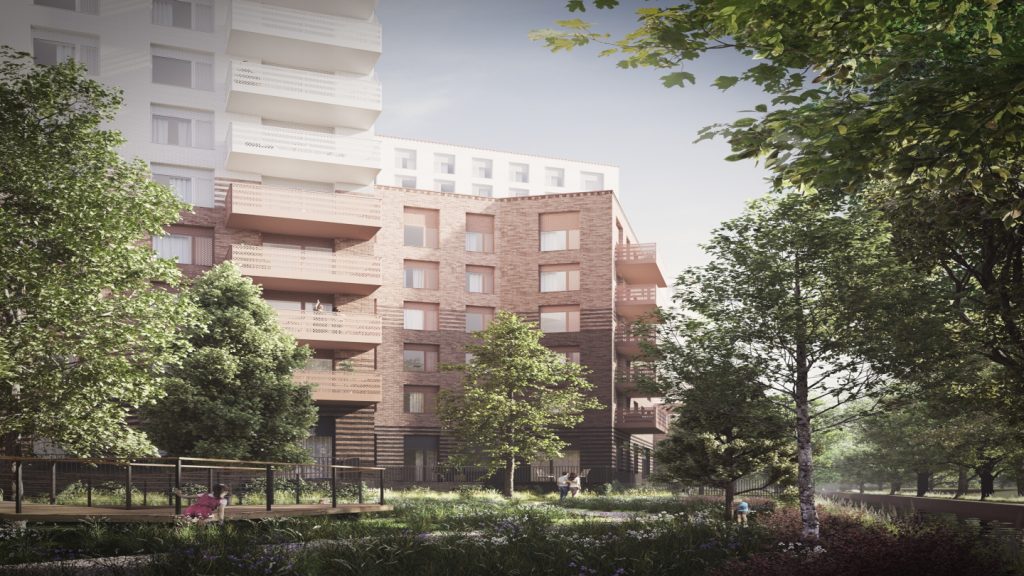

Related Company Profiles
Fondo Mivivienda SA